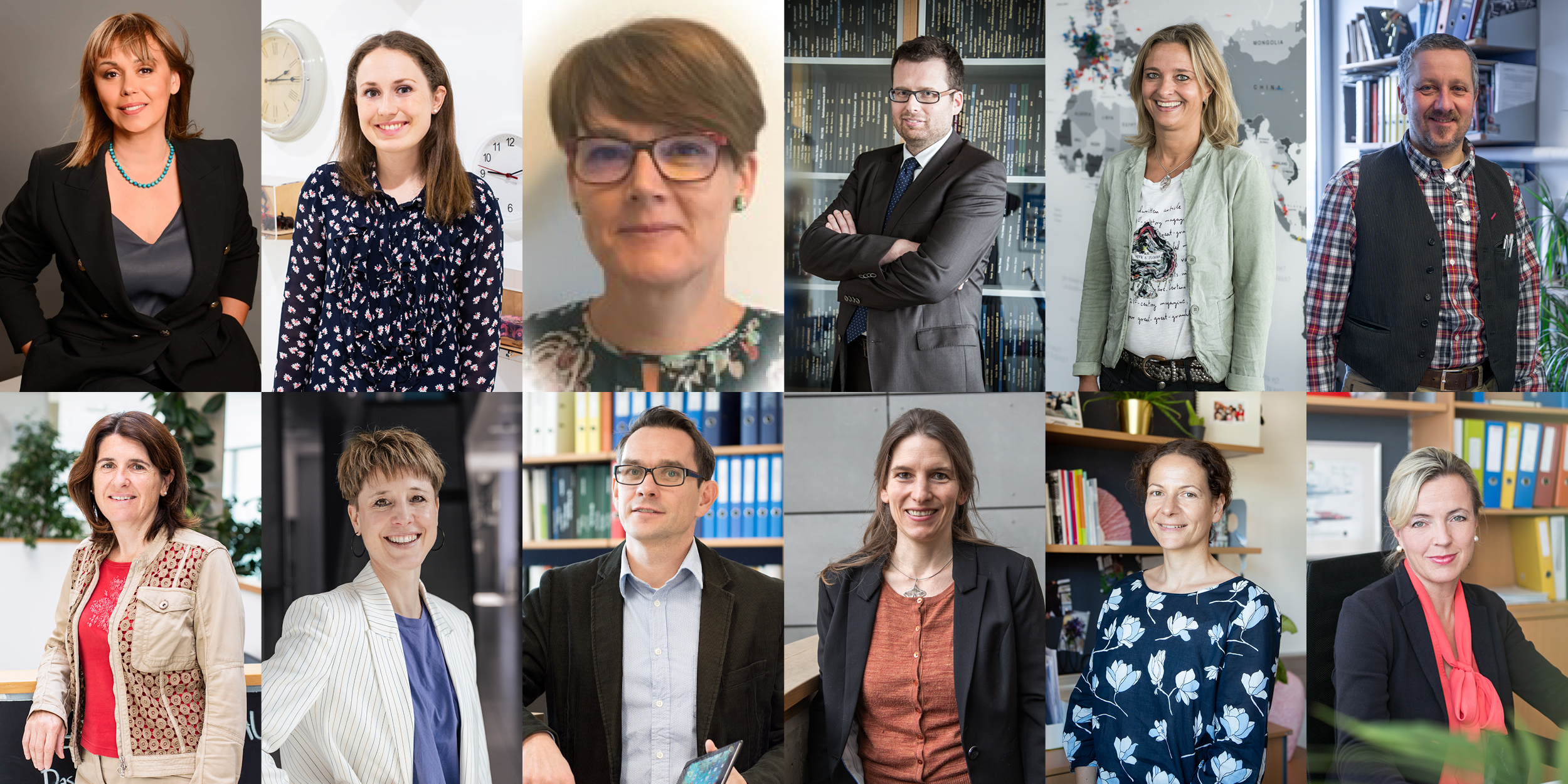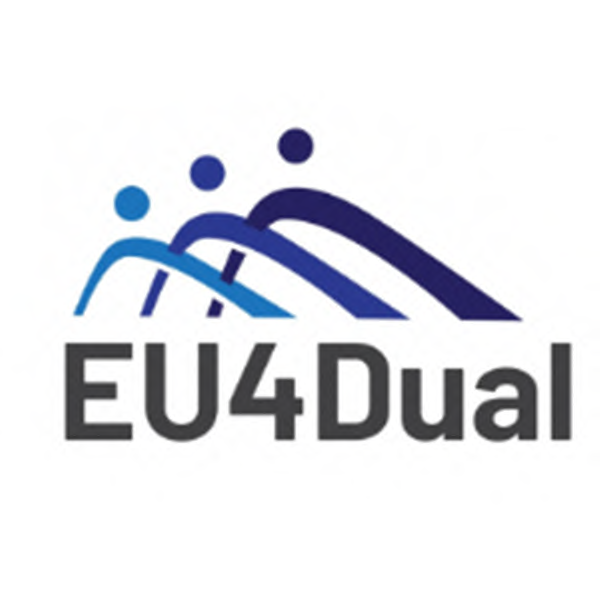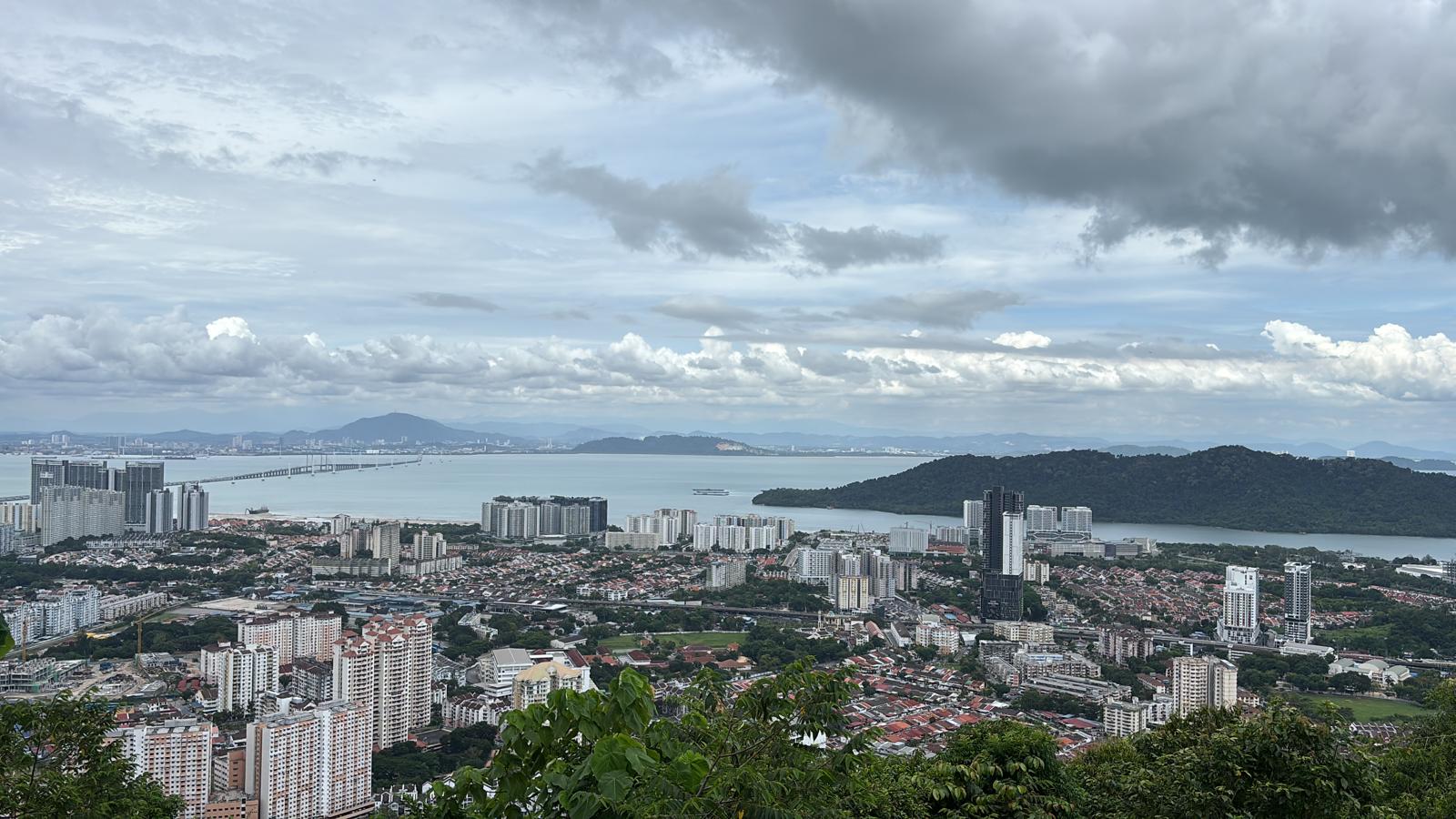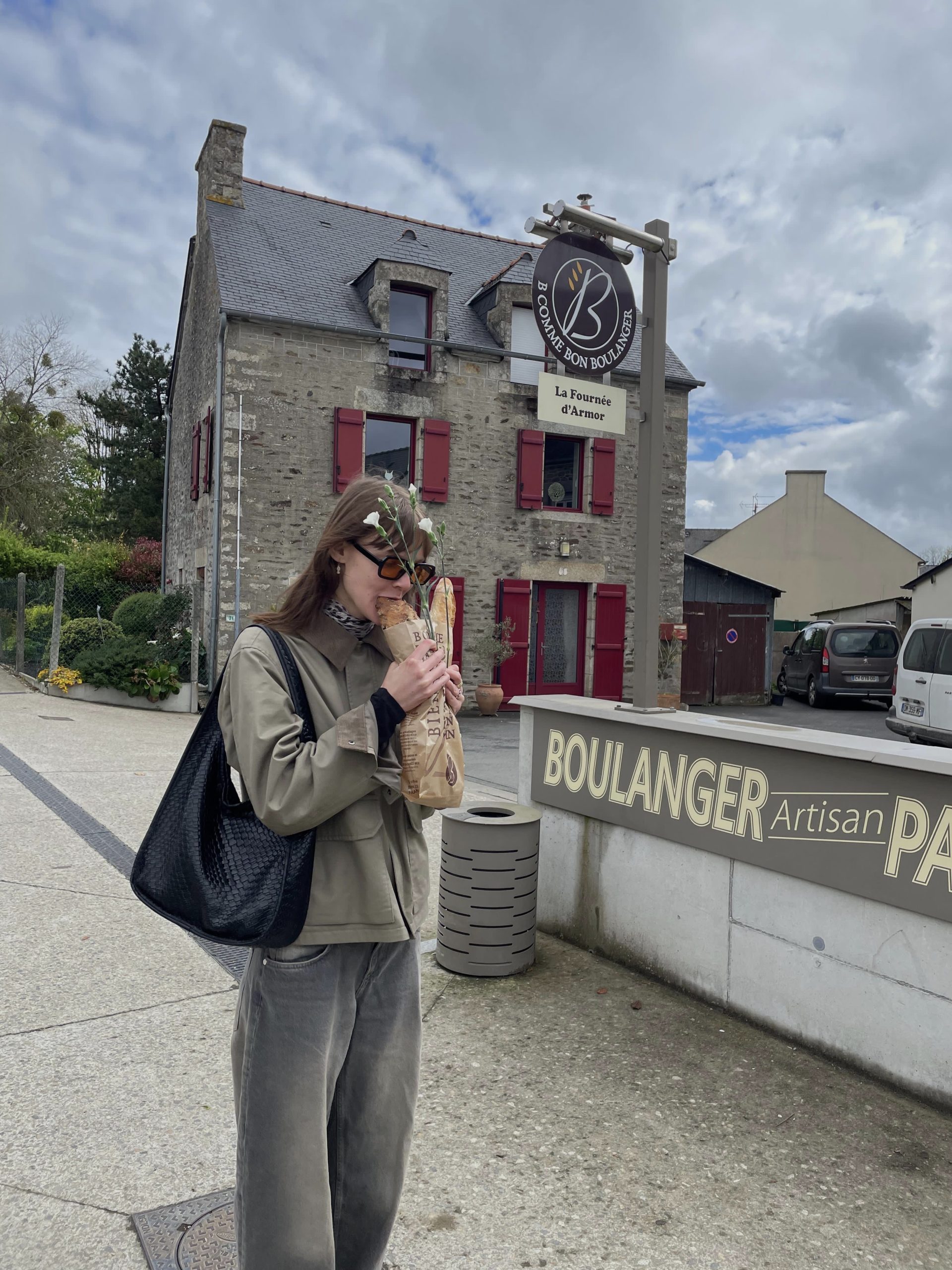The EU4DUAL team members at FH JOANNEUM introduce themselves.
We are EU4DUAL
Mag. Marion Velik, 19. April 2024
EU4DUAL is one of the most important projects currently being implemented at FH JOANNEUM. Together with eight European universities, FH JOANNEUM is part of this alliance, which aims to become a high-quality reference for dual education in Europe and to strengthen cooperation between universities, their cooperation with industry and student exchanges within the EU. The EU4DUAL project team at FH JOANNEUM currently consists of twelve people, who are introduced in alphabetical order in this blog.
As project manager, Nina Besirevic is part of the EU4DUAL Local Office and in her role supports the development of joint dual Master’s programmes and research projects as well as the promotion of new learning pathways. What is particularly important to her in the project? “To continue to cultivate and enjoy the pleasant working atmosphere in the large EU4DUAL family and to never lose sight of our pioneering role in the exciting areas of work.”
Ingerid Dommersnes also works in the EU4UDAL Local Office. She is responsible for project management together with Nina Besirevic and contributes to the work packages 6 and 9 related to international mobility and quality management. Ingerid wants as many students and employees as possible to benefit from the EU4DUAL alliance.
Maja Dragan is a research associate at the Institute of Applied Production Sciences and leads the EU4DUAL work package 4 “Academic Coordination of Innovation Challenges”, which focuses on the development of dual joint master’s programmes in the three grand challenges and the establishment of a network for research & development and cooperation. The three grand challenges on which EU4DUAL focuses are the Future of Work, Green Economy and Healthy Living. “In the EU4DUAL project, it is particularly important to me to work in a solution-orientated way in an innovative and positive scientific environment. Our work should contribute to finding answers to changing requirements in the world of work and education,” says Maja.
Wolfgang Granigg is head of the “Data Science and Artificial Intelligence” and “Global Strategic Management” degree programmes at FH JOANNEUM. His role at EU4DUAL is Internal Coordinator (FH JOANNEUM) for Work Package 8 “EU4DUAL Exchange Platform”. He is also the internal leader at FH JOANNEUM of the development team for the planned Joint Master’s programmeon “Data Science and AI”. Wolfgang: “In the EU4DUAL project, it is particularly important to me that everyone in the consortium works well together, pulls together and ultimately the best ideas ‘win’ and the most viable concepts are implemented.”
Birgit Hernády leads the International Relations Department at FH JOANNEUM since 2013. At EU4DUAL she is in charge of work package 6 “Enabling Seamless Mobility”. When it comes to EU4DUAL, it is important to her that “as many FH JOANNEUM students and staff as possible can have an unforgettable experience abroad.”
Hagen Helge Hochrinner teaches as a Senior Lecturer on various dual study programmes at the Institute Applied Production Sciences and the Institute of Electronic Engineering at FH JOANNEUM. Based on his 20 years of experience in dual higher education, he is the lead in work package 2 “Dual-Education Centre of Excellence” of EU4DUAL. For EU4DUAL, he hopes that the original spirit in the consortium for the development of the first European Dual University will not be lost.
Doris Kiendl is Head of the Institute International Management and Entrepreneurship at FH JOANNEUM. As part of EU4DUAL, she is responsible for the topic of microcredentials in Work Package 4 and is involved in the development of the Green Economy Master’s programme. Doris wants EU4DUAL to make a significant contribution to qualifying people for the future world of work.
As part of the local office at EU4DUAL, Ines Kipperer is responsible for quality management and the sustainability report. It is particularly important to her “that the students benefit from international networking and industry cooperation and can thus secure their competitiveness on the labour market. This secures their future.”
Elmar Krainz heads the dual Bachelor’s degree programme Mobile Software Development and the degree programme Software Design & Cloud Computing at FH JOANNEUM in Kapfenberg. In the EU4DUAL project, he is the local lead for work package 7 “Stakeholder Engagement”. His concern is “that dual study programmes – which enable training not only at the university but also in a partner company – become better known at national and European level”.
Johanna Muckenhuber represents FH JOANNEUM in work package 5 and also heads this within the university. Together with Beate Salchinger, Head of the Institute Physiotherapy at FH JOANNEUM, she also leads the “Lighthouse Research Initiative Health and Welfare Transition” in the consortium. Within this, she also heads the “Mental Health” working group and is preparing a project proposal on “Mental Health of Students and drop out prevention, keeping in mind the workload of students in dual study-programmes”. In the EU4DUAL project, strengthening international research project cooperation is particularly important to her.
Marion Velik is Media Coordinator at FH JOANNEUM and Head of Communication for EU4DUAL in Austria. When it comes to EU4UDAL, it is important to her that all stakeholders know about the project, its objectives and how Europe can ultimately benefit from a joint European dual university.
Roswitha Wiedenhofer-Bornemann heads the FH JOANNEUM Research Organisation and Services department, of which she is also an authorised oficer. She is also the EU4DUAL project leader at FH JOANNEUM and head of the Local Office. She also chairs the EU4UDUAL work package 9 “Quality Management & Impact Monitoring” and chairs the EU4DUAL “Quality and Accreditation Committee”. In the EU4DUAL project, it is particularly important to her that “together with our international partners, we establish a sustainable European university with a focus on dual training and initiate educational innovations in our organisations. This includes European accredited Master’s programmes based on microcredentials, a joint Industrial PhD programme, a sustainability report in line with CSRD requirements, many international mobilities and joint R&D projects and much more,” says Roswitha.











